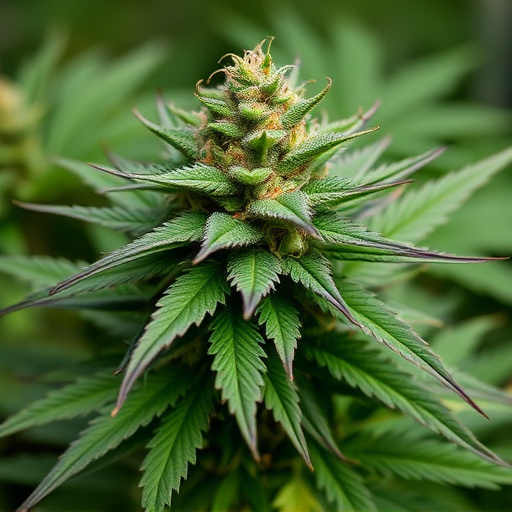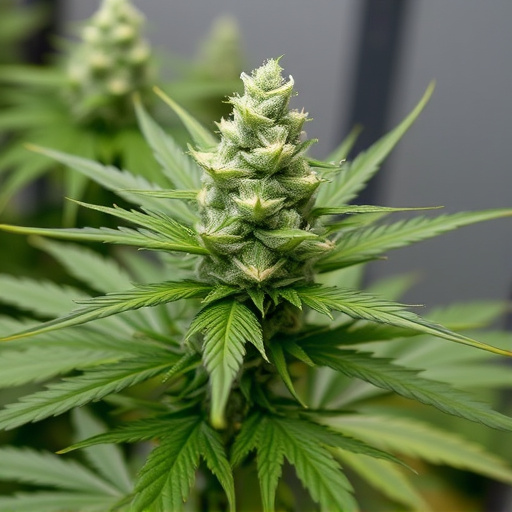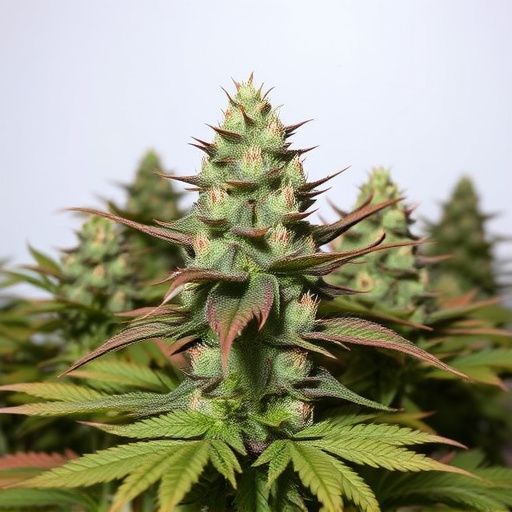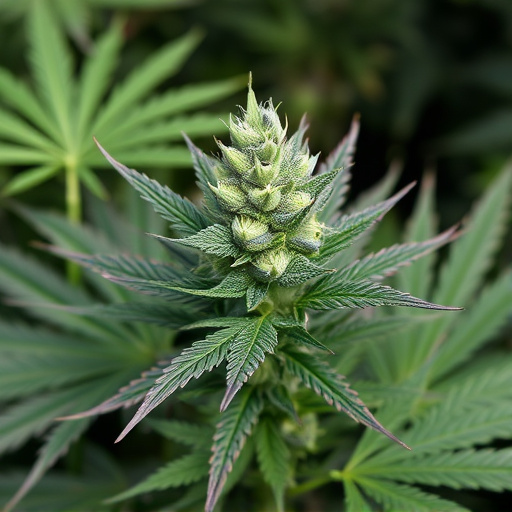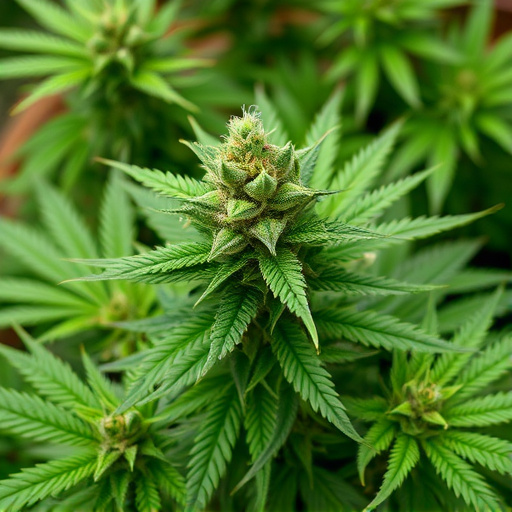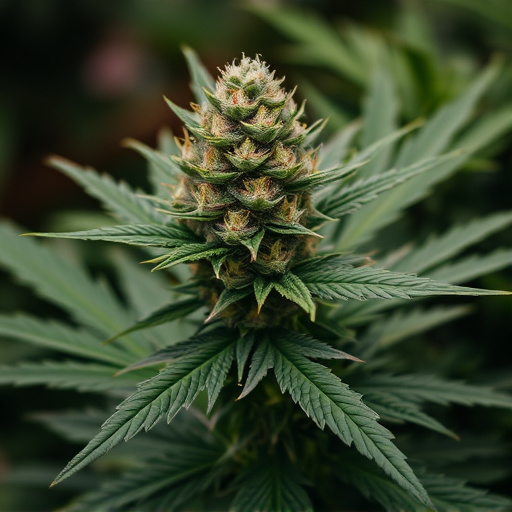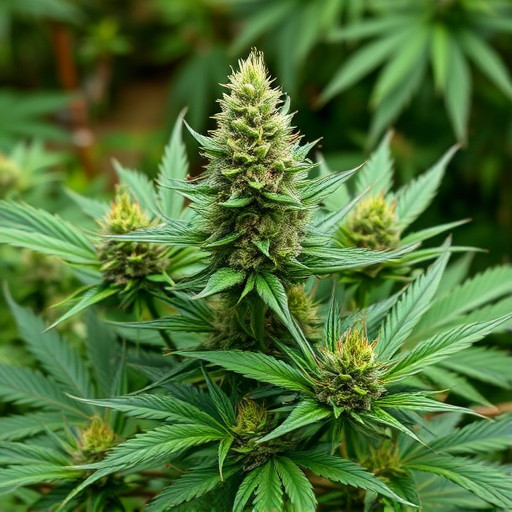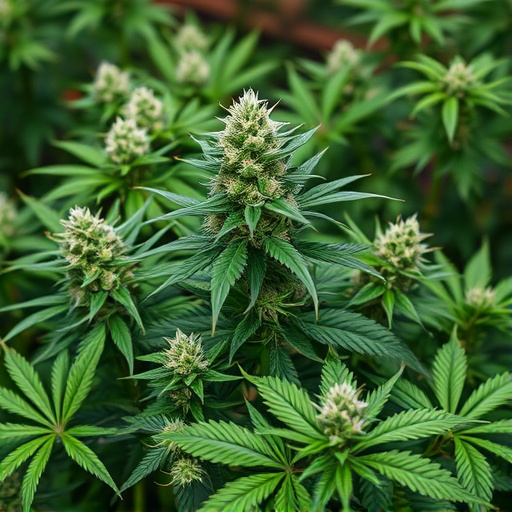Medicinal cannabis strains offer more than just pain relief, interacting with the body's endocannabinoid system to potentially improve anxiety, depression, and stress. Strains vary in THC and CBD levels, with high-CBD strains preferred for mood-lifting effects without psychoactivity. Research highlights CBD's role in reducing anxiety and depression, providing a natural alternative for mental well-being. Understanding strain nuances is essential when navigating medicinal cannabis for happiness and contentedness. Effects depend on strain, dosage, and individual tolerance, with potential side effects like increased anxiety or cognitive impairment.
Can weed make you happier? Despite lingering stigma, scientific evidence suggests that medicinal cannabis strains may play a surprising role in enhancing well-being and mood. This article delves into the intricate relationship between these natural compounds and human happiness. We explore various types of cannabis, their unique effects on mood, and potential benefits while considering important factors for safe and effective use. Understanding the impact of medicinal cannabis strains is crucial in navigating this evolving landscape.
- Understanding the Impact of Medicinal Cannabis Strains on Mood and Well-being
- Exploring Different Types of Cannabis and Their Effects on Happiness
- Potential Benefits and Considerations for Using Cannabis to Enhance Mood
Understanding the Impact of Medicinal Cannabis Strains on Mood and Well-being
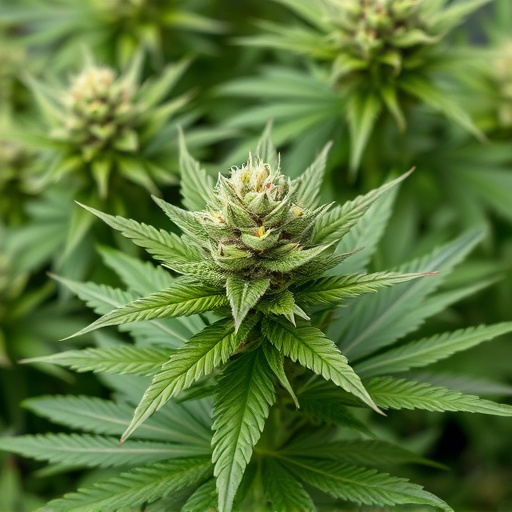
The impact of medicinal cannabis strains on mood and well-being has been a subject of growing interest and research. These strains, carefully cultivated for their therapeutic properties, offer a range of potential benefits beyond traditional pain relief. Studies have shown that specific cannabinoids found in medicinal cannabis can interact with the body’s endocannabinoid system, which plays a key role in regulating mood, emotion, and overall mental health. This interaction may contribute to improvements in symptoms associated with anxiety, depression, and stress.
Different medicinal cannabis strains are known for their unique chemical profiles, with varying levels of THC (tetrahydrocannabinol) and CBD (cannabidiol), among other cannabinoids. Strains high in CBD are often sought after for their potential mood-lifting effects without the psychoactive properties of THC. Research suggests that CBD can help reduce symptoms of anxiety and depression, offering a natural alternative for those looking to enhance their mental well-being. Understanding these nuances is crucial when navigating the world of medicinal cannabis strains and their impact on individual experiences of happiness and contentedness.
Exploring Different Types of Cannabis and Their Effects on Happiness
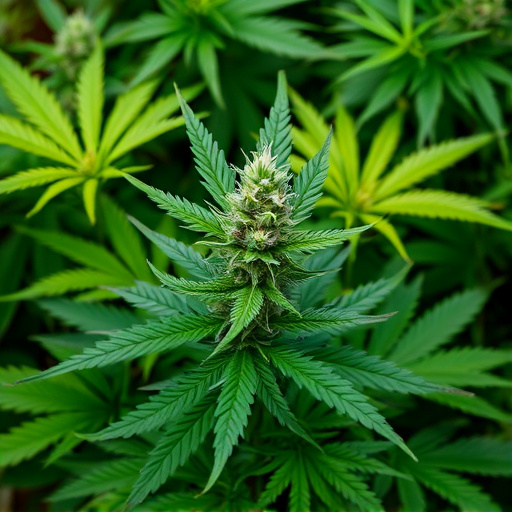
The relationship between cannabis and happiness is a complex one, as the plant contains various compounds that can have both positive and negative effects on mood and well-being. Exploring different types of medicinal cannabis strains reveals a diverse range of chemical profiles, each offering unique experiences. Sativa strains, known for their invigorating and uplifting properties, are often preferred by those seeking to enhance creativity and social interactions, thereby contributing to overall happiness. On the other hand, Indica varieties, with their calming and sedative effects, can provide relief from stress and anxiety, creating a sense of tranquility that many find joyful.
Hybrid strains, combining traits from both Sativa and Indica, offer a balance between these effects, catering to a wide range of user preferences. The key to maximizing the happiness-boosting potential of cannabis lies in understanding individual reactions to specific strains and their respective cannabinoid profiles. Terpenes, aromatic compounds found in cannabis, also play a role in these effects, adding another layer of complexity to the plant’s impact on mood.
Potential Benefits and Considerations for Using Cannabis to Enhance Mood
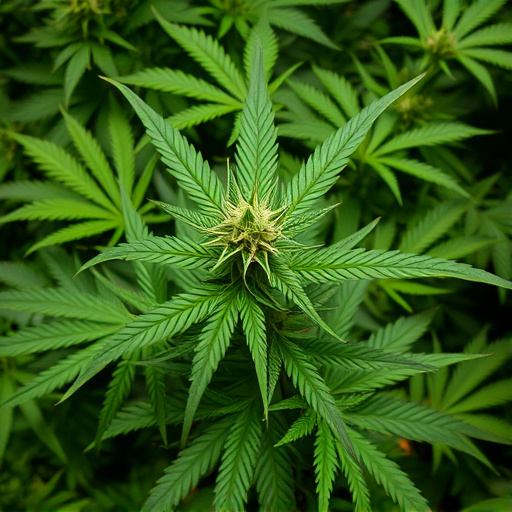
Some advocate for medicinal cannabis strains as a means to enhance mood and promote well-being. Research suggests that certain cannabinoids present in cannabis, such as THC and CBD, may interact with our bodies’ endocannabinoid system, playing a role in regulating emotions and reducing stress. This interaction could potentially lead to feelings of relaxation, improved mood, and even anxiety relief for some individuals.
However, it’s essential to consider that the effects of cannabis can vary greatly depending on the strain, dosage, and individual tolerance. While medicinal cannabis strains may offer potential benefits, they are not a one-size-fits-all solution. Unwanted side effects like increased anxiety, paranoia, or cognitive impairment are also possible, especially with higher THC concentrations. Thus, understanding the specific strains and their profiles is crucial for anyone considering cannabis as a mood-enhancing tool.
While medicinal cannabis strains have shown promise in enhancing mood and well-being, it’s crucial to remember that individual experiences vary. Further research is needed to fully understand their long-term effects. Until then, cautious consideration and consultation with healthcare professionals are essential when exploring cannabis as a potential tool for happiness and mental health support.

